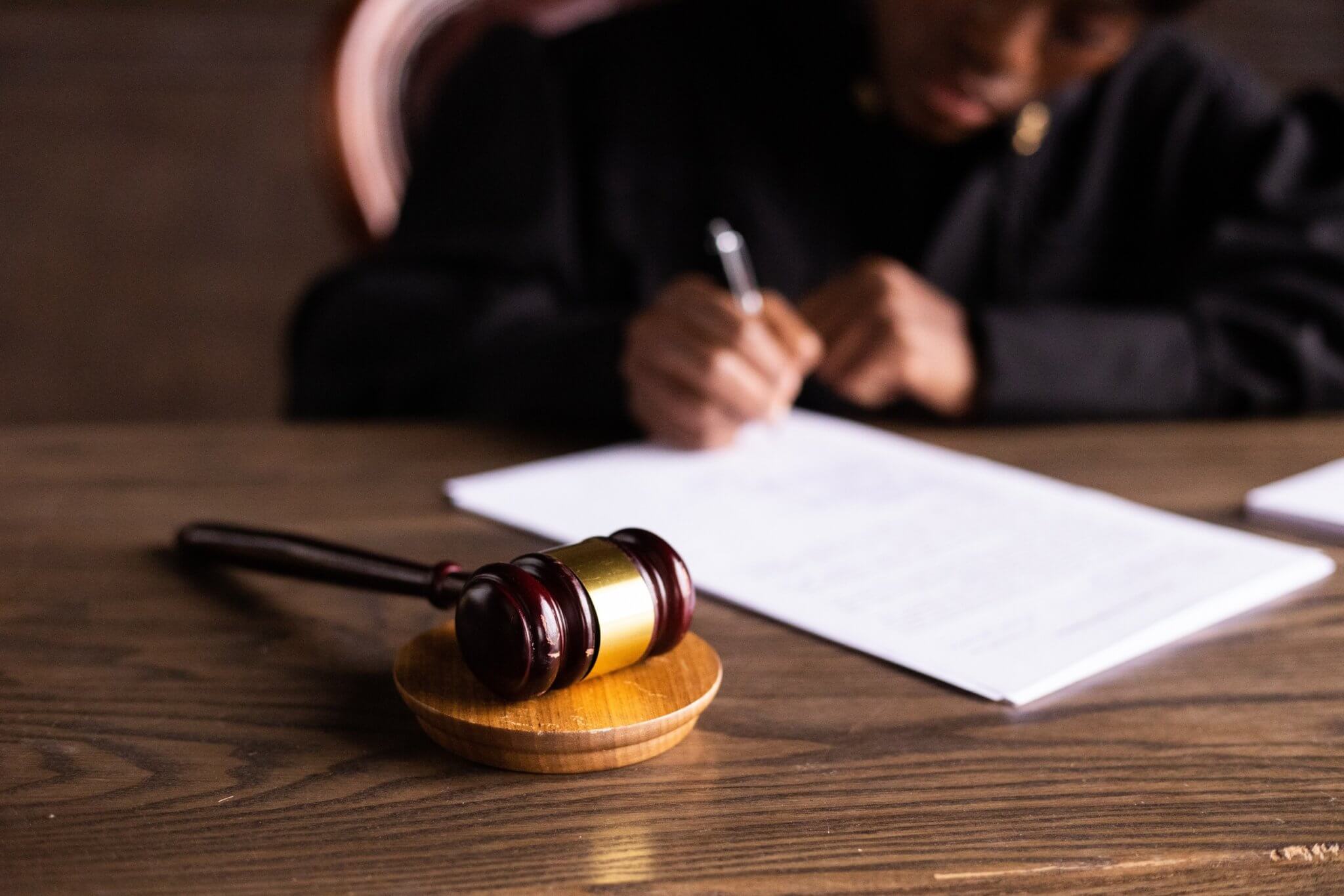
Although cannabis is now legal for medical or recreational use in most U.S. states, a significant number of Americans remain incarcerated for cannabis-related offenses—many of whom are people of color. At Verano, we believe that the ‘War on Drugs’ and its dangerous, “just say no” rhetoric has devastated marginalized communities for far too long. We support the complete end to cannabis prohibition at the federal level and honor the important steps currently being taken to decriminalize cannabis. But we also recognize that decriminalization is not enough: Wrongfully imprisoned individuals deserve reparations and dedicated support.
Here’s the stark reality of prohibition’s lasting trauma, and the work being done to right our nation’s wrongs.
The Situation
Cannabis is projected to become a $100 billion industry by the end of this decade. Likewise, two in three Americans support cannabis legalization, with most citing its use as less dangerous than tobacco or alcohol. And yet, there are likely tens of thousands of people presently incarcerated for cannabis-related convictions. The exact number of cannabis-adjacent prisoners is difficult to pin down due to the complex maze of local, state, and federal criminal justice databases, but many estimate that number to be around 40,000. That’s potentially 40,000 people doing time in jail for acts that are legal for most Americans.
The War on Drugs has been a key component of mass incarceration for half a century. Since its inauguration in 1971, America’s incarcerated population has increased by around 500%, totaling approximately 2 million people. And according to the ACLU, the U.S. now holds over 20% of the world’s prison population, despite making up only about 5% of the total global population
Clearly, the numbers don’t add up. Per James Leventis, Verano’s Vice President of Government Affairs, “the federal government can prosecute any company or person engaging in the state-sanctioned cannabis business, but the federal government has chosen to use its prosecutorial discretion to not prosecute.”
It’s important to understand,” he added, “that those incarcerated federally for cannabis (who were not selling to minors or part of a cartel or drug organization) are no different from state cannabis business under federal law.
This obvious disconnect between state and federal law continues to be one of the biggest barriers to cannabis decriminalization. Despite hurdles, however, there are efforts toward equity being made.
National Decriminalization Efforts
This past October, President Biden pardoned thousands of people convicted of cannabis possession under federal law and stated that his administration would review whether cannabis should remain classified as a Schedule 1 drug (in the same category as heroin and meth). “Sending people to jail for possessing marijuana has upended too many lives—for conduct that is legal in many states,” President Biden noted on Twitter. “That’s before you address the clear racial disparities around prosecution and conviction.” These pardons clear all those convicted of simple cannabis possessions at the federal level. However, all those charged at the state level—who vastly outnumber individuals convicted federally—remain wrongfully imprisoned. And while President Biden urged state governors to follow his lead, we’ve yet to see this progress.
Verano’s Commitment to Justice
While we hope more and more governors act on President Biden’s invitation for broader cannabis pardons, we’re making an impact where we can work with cannabis expungement clinics and clemency efforts.
Expungement allows criminal conviction records to be wiped clean. And as James shared, clean slates are key to restarting a life. “Having a cannabis drug charge on your record is up there with heroin and meth possession… This has real ramifications in your ability to get a job, get a mortgage, file housing applications.” Right now, 17 different states plus Washington D.C. offer expungement options for cannabis charges, but very few people—only 6.5%—apply to have their records cleared. In most cases, people can’t easily access these services, can’t afford them, or, understandably, they don’t want to interact with the justice system after what they’ve been through.
This year, Verano team members volunteered with Dentons and Legal Aid Chicago to provide pro bono cannabis expungement advisory services to low-income clients. This expungement clinic was the first of its kind under the new Cannabis Expungement provisions of the Illinois Cannabis legalization law.
We have also joined The Weldon Project’s Mission Green in their efforts towards cannabis clemency. Working to secure the release of those serving prison time for cannabis-related convictions and create a pathway for pardons and expungements, Mission Green helps those convicted of nonviolent cannabis crimes—like its founder, prisoner-turned cannabis-clemency advocate Weldon Angelos—move forward with their lives. Cannabis clemency can take the form of a pardoned sentence, a reduced sentence, or the dismissal of charges for victims of the War on Drugs. And after release, Mission Green also provides legal assistance, re-entry programs, and further support services to formerly incarcerated people without access to legal counsel. Meanwhile, for those who remain wrongfully imprisoned, Mission Green offers commissary financial assistance to inmates for essentials like food and hygiene products—a reminder that there are people fighting for them on the outside.
These decriminalization initiatives are meaningful steps in the right direction, and we’re proud and honored to partner with them—but so much more work needs to be done federally and at the state level. And because cannabis can do better, we’re committed to supporting decriminalization on behalf of the wider cannabis industry.
The War on Drugs may have told us to just say no, but we say yes: Yes to justice for those wrongfully incarcerated, yes to making amends for all the harm caused by cannabis prohibition—and yes to true freedom.